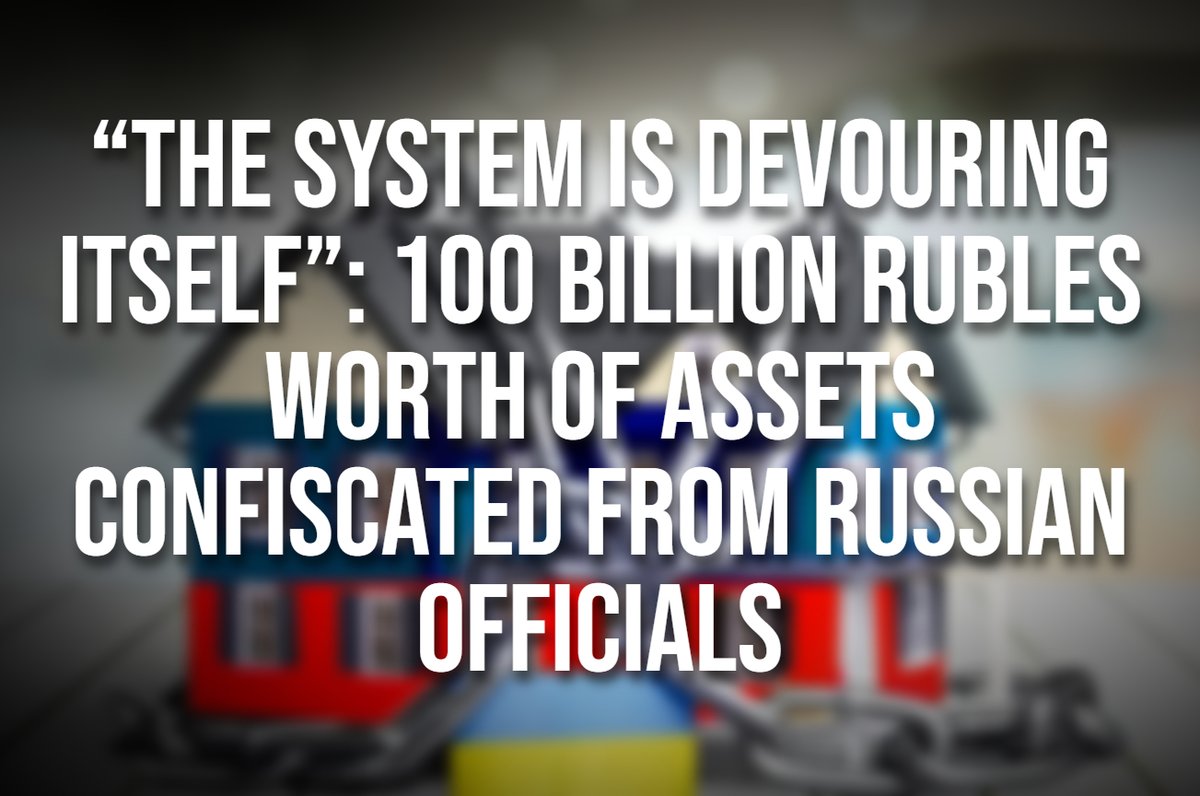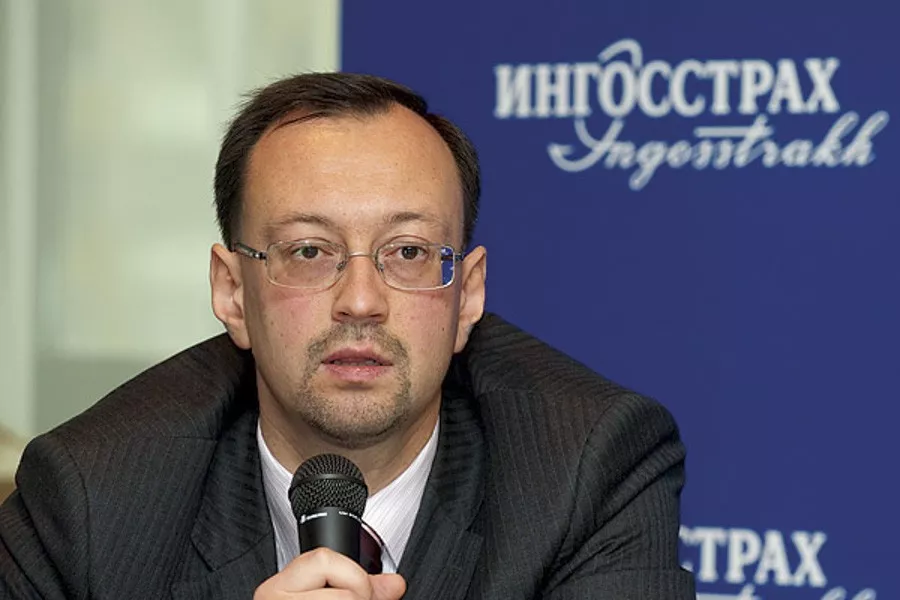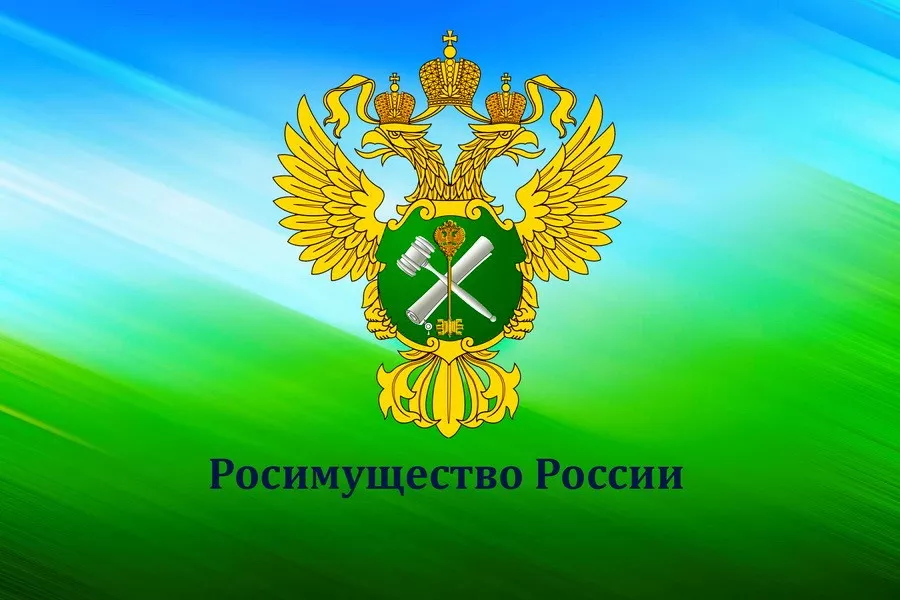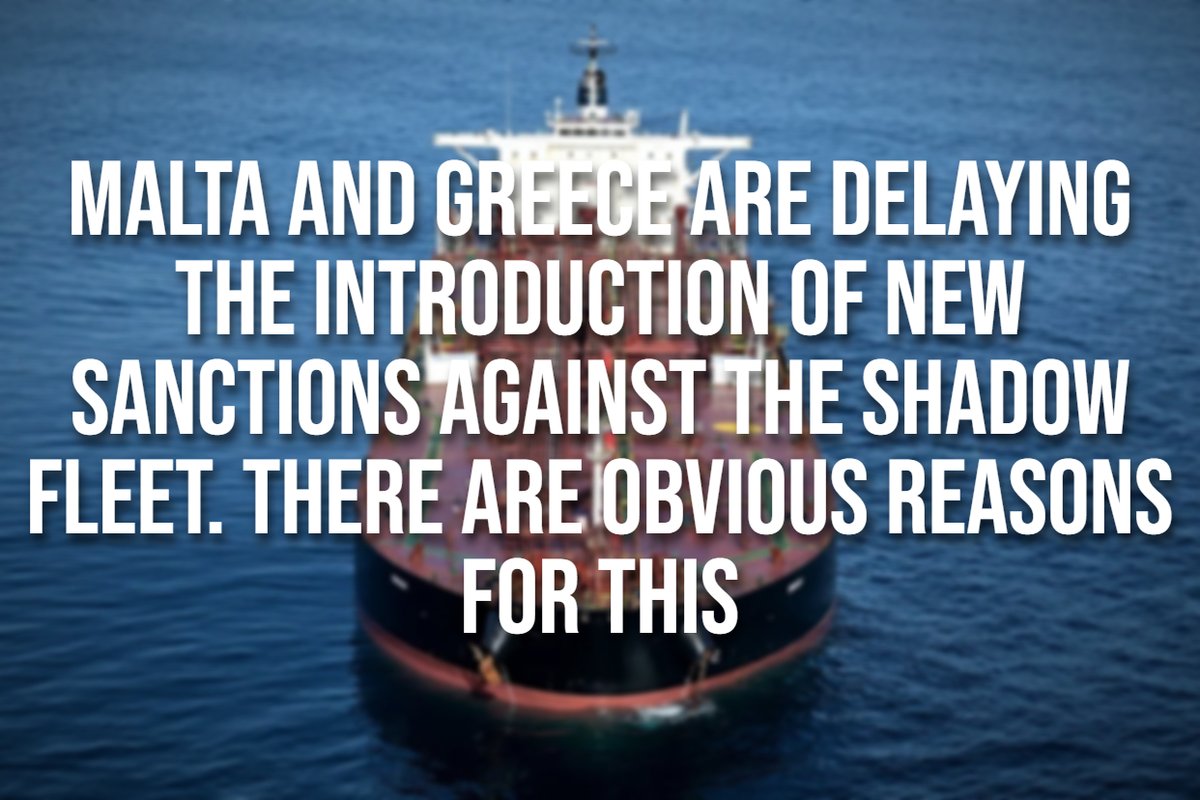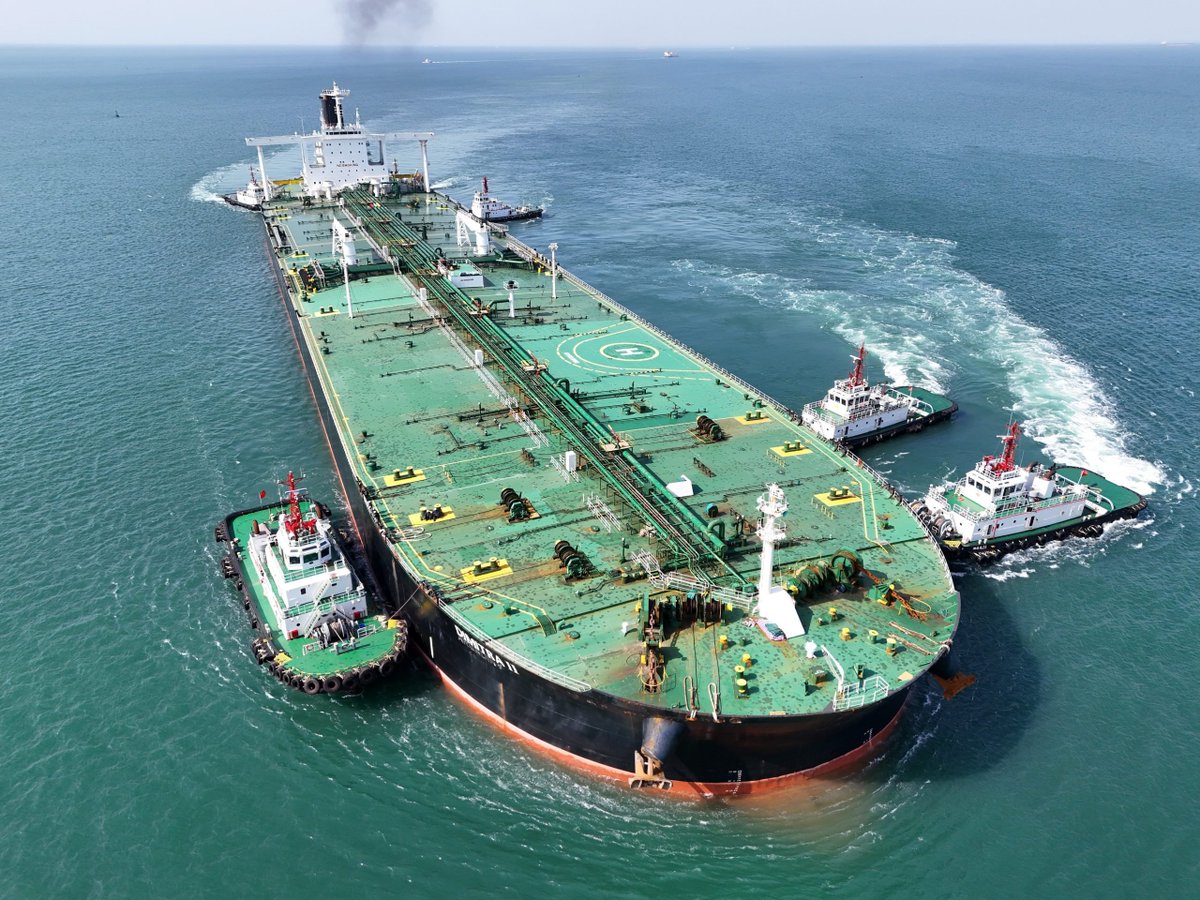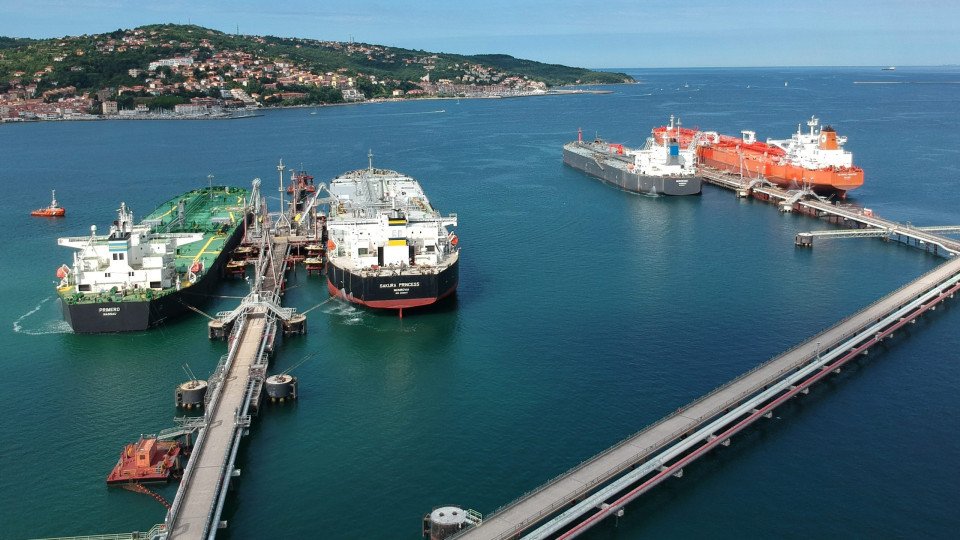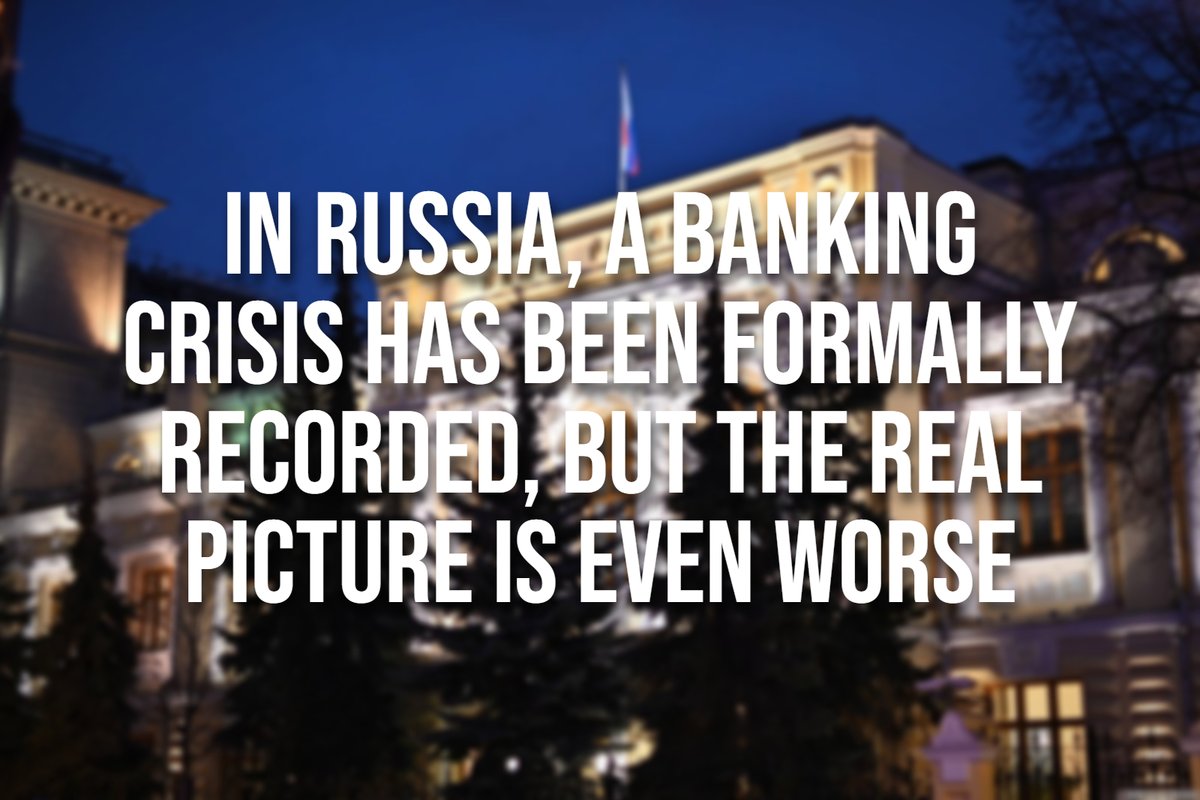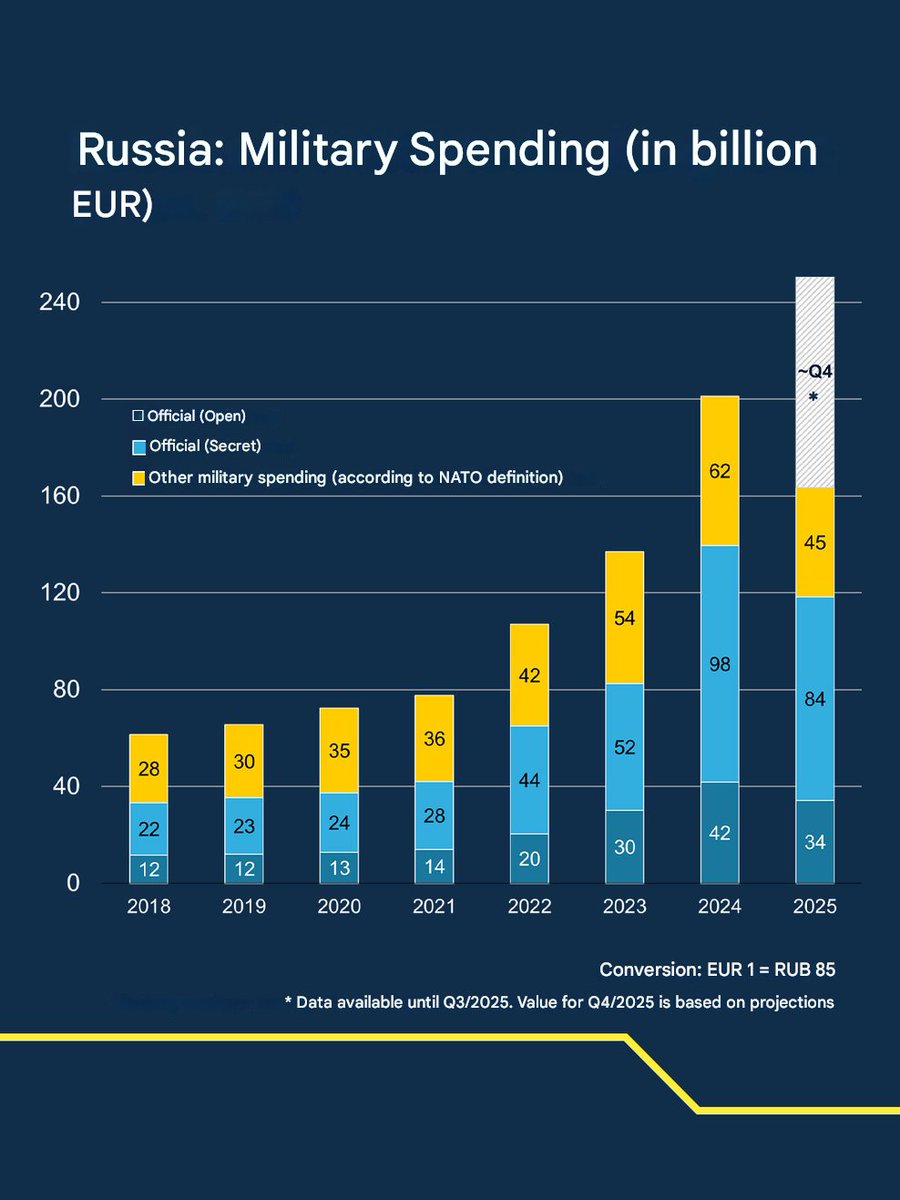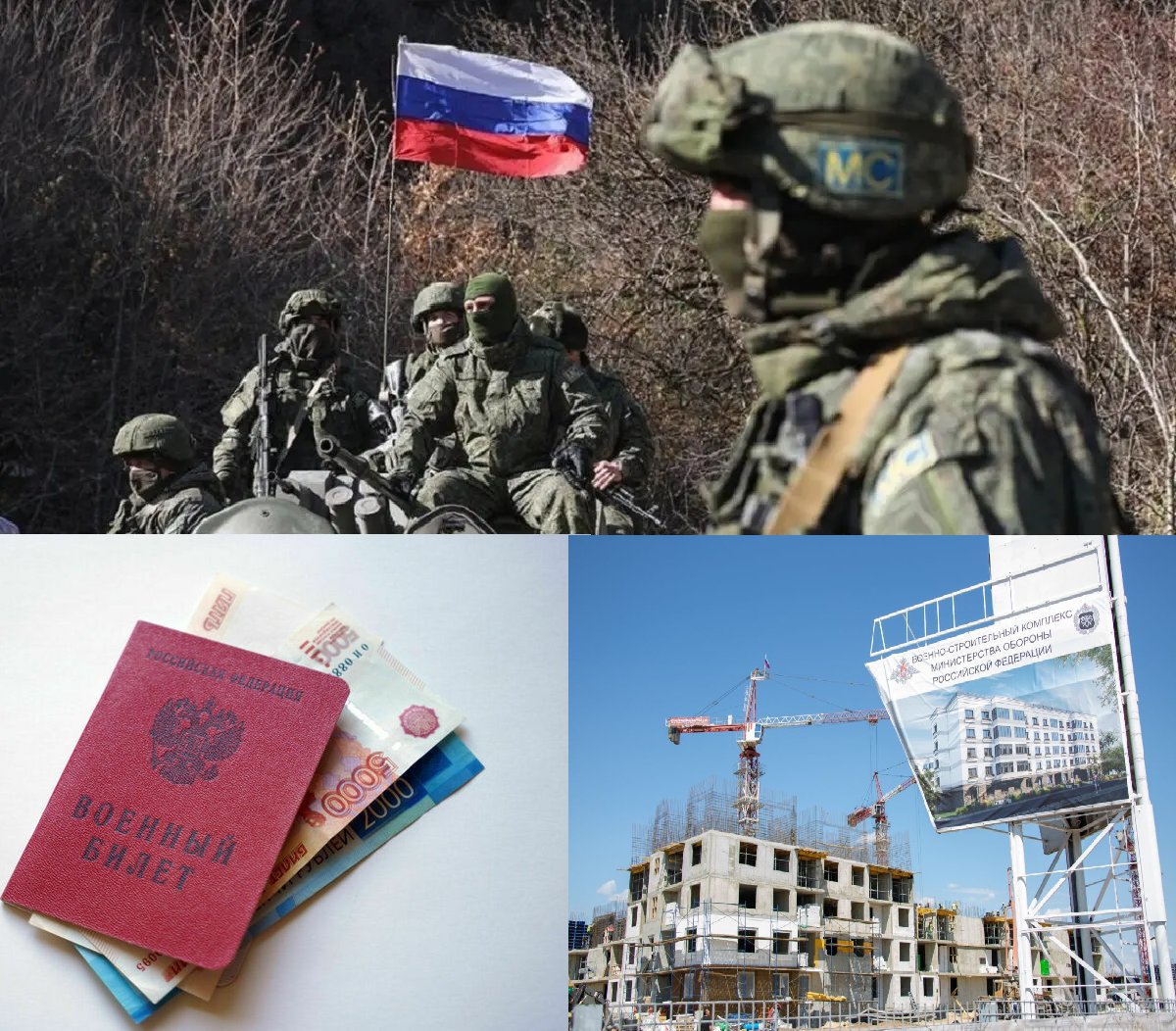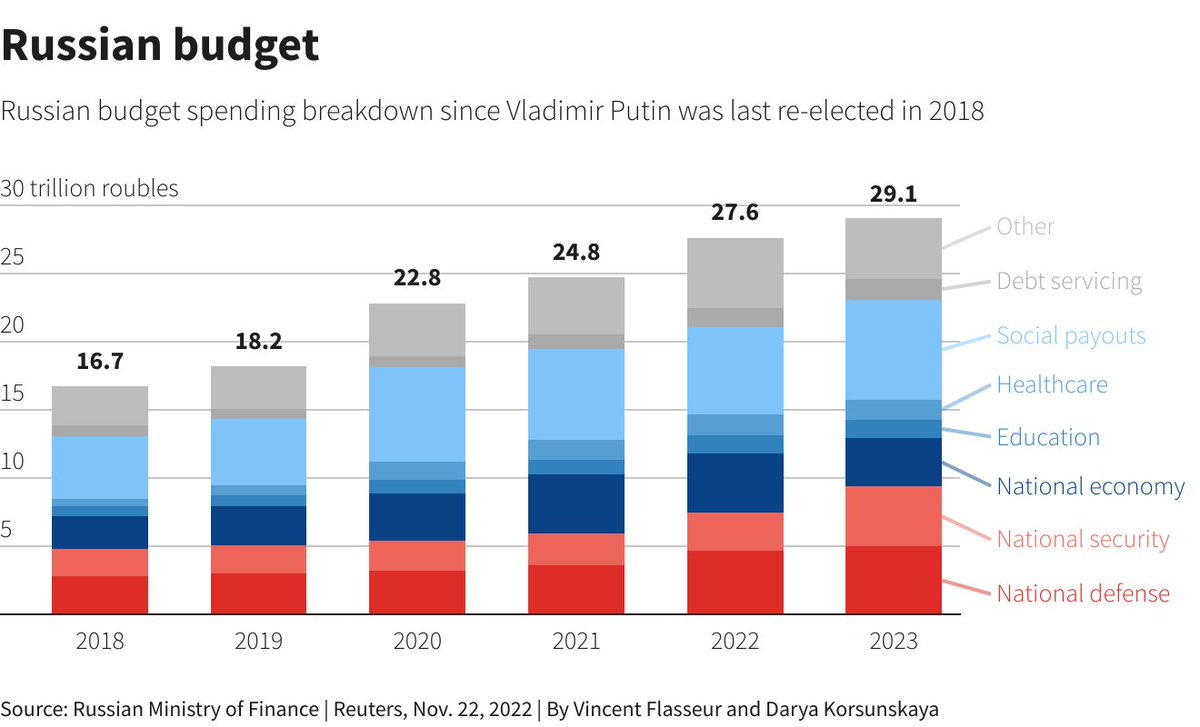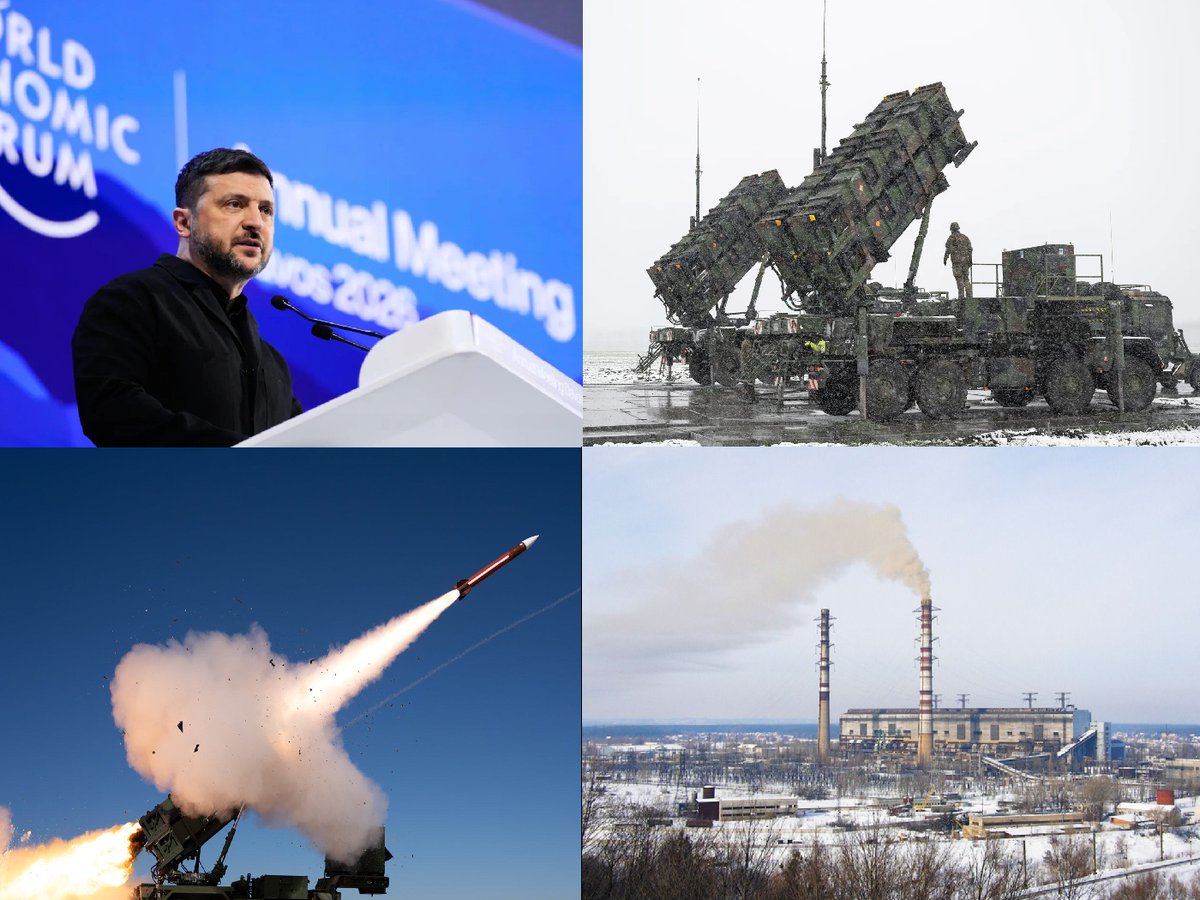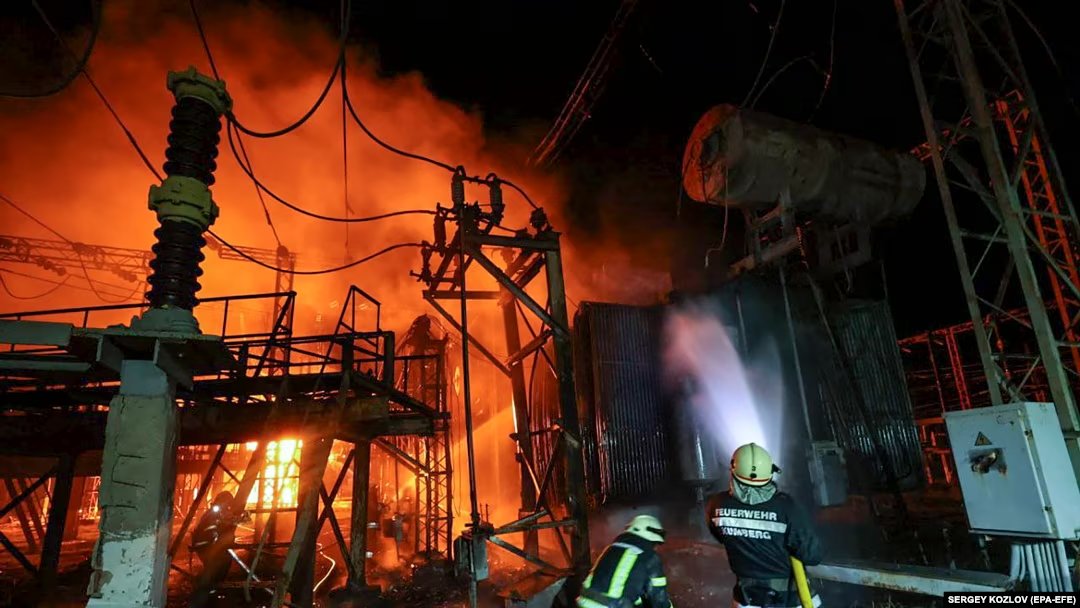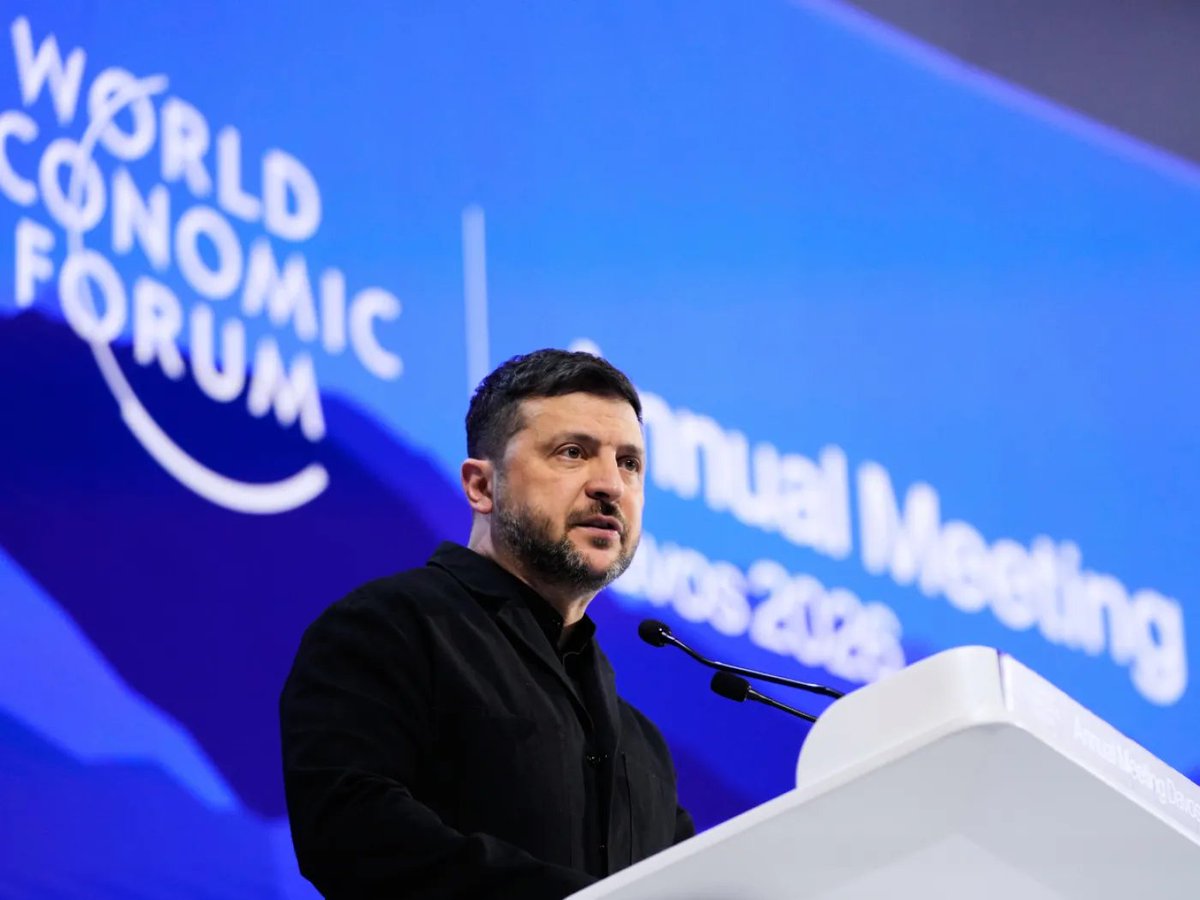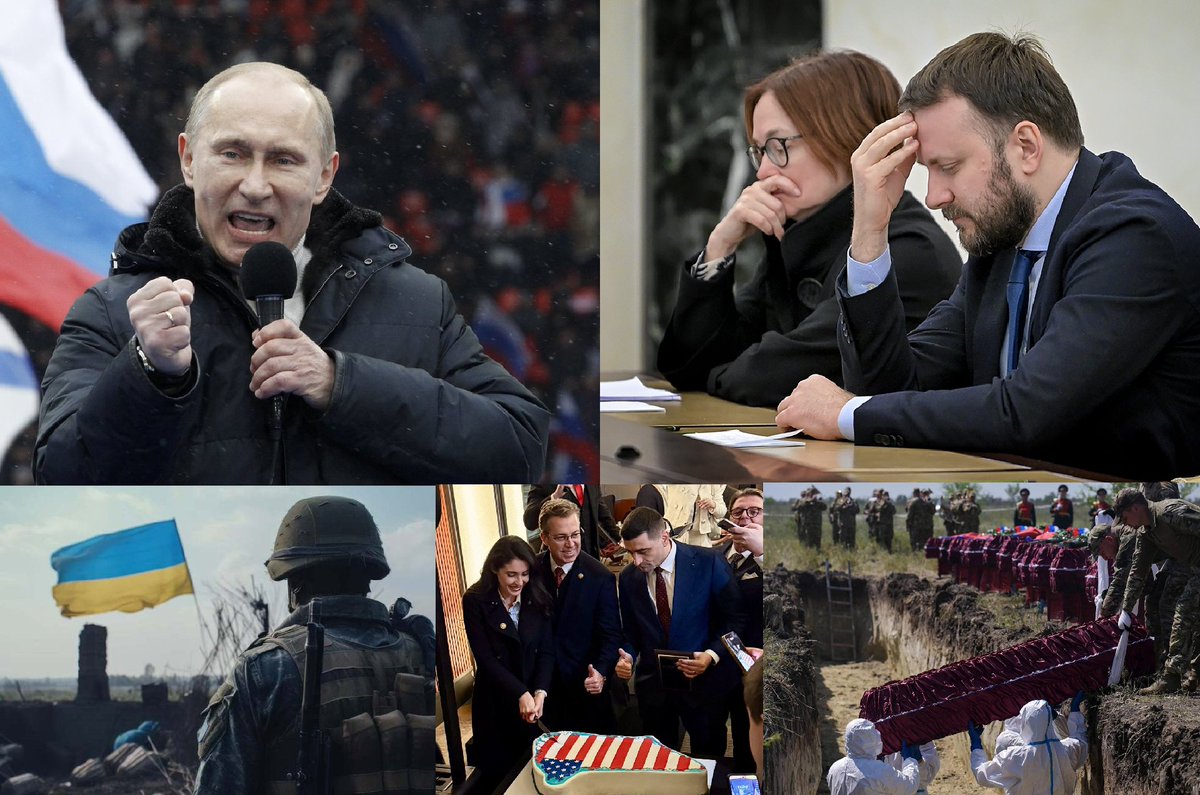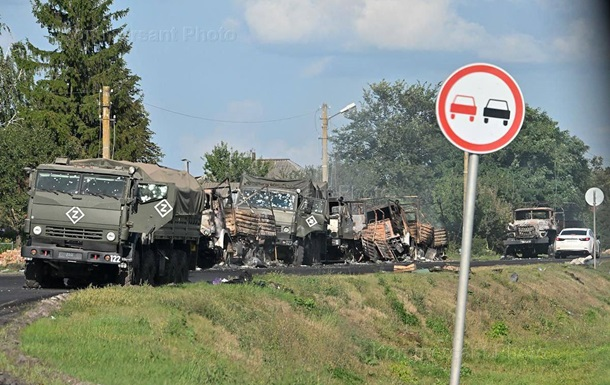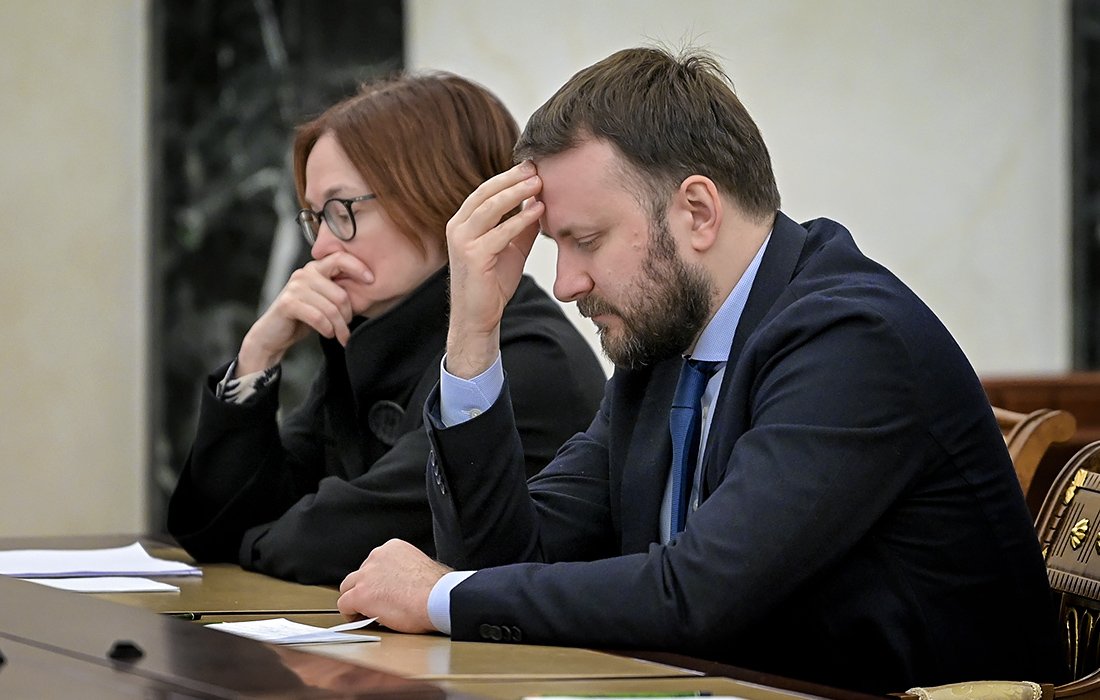The declassified British intelligence memo about Russia's involvement in the poisonings in the EU has caused a lot of noise in the media, but even when it was happening, there were many people who pointed to Russia's involvement. Back then, everyone wanted to be friends with
1/15
1/15

Russia and it didn't cause any response. It hardly does now. Today's plane crash in Vilnius happened 20 days after the WSJ wrote about Russia's plans to sabotage airlines. The investigation has just begun, but if it is established that the fire on board was caused by
2/15
2/15

deliberate actions, Russia is the main suspect. After Trump's victory, Russia has stepped up its attacks on the European Union and continues to test how far it can go. So far, EU countries, especially its largest members, such as Germany and France, have never responded to
3/15
3/15

the Russian threat properly. Because of this, Russia feels unpunished and continues its hybrid war. The West does not want to understand that war has been declared on it and the risk of casualties is only growing. Poisonings, arson, damage to Internet cables, cyber attacks,
4/15
4/15

protests, riots - after the US elections, Russia is only increasing sabotage in the EU, because it seems to it at this point that the White House and the US are now under its control. And it is partly right. After a long pause, Polish farmers have become active again and are
5/15
5/15

blocking the Ukrainian border, new sabotage of underwater communications, and now, perhaps, a plane crash. The reaction of the European Union - they will announce a response, but words are unlikely to be followed by actions. The ship that damaged the Estonian pipe a year
6/15
6/15

ago has not been arrested, those involved in arson in European countries will be detained, but only the perpetrators whom Russia hires via the Internet in the EU. For almost 3 years of war, Western politicians have not dared to take tough measures, and Russia, meanwhile,
7/15
7/15

continues to test how far it can go. And while it is allowed to do what it wants with impunity. Modern democracy has proven toothless when faced with a threat. Politicians travel from meeting to meeting, live in expensive hotels, eat in fancy restaurants on the money of EU
8/15
8/15

citizens and discuss, discuss, discuss. In their reports, they write that solutions are proposed, steps are alienated, conditions are discussed, but no action follows from all this. The allies were not even able to send all the previously declared aid to Ukraine, and are
9/15
9/15

already discussing its reduction. Russian propaganda has seeped into all spheres of life, but the Internet giants are not going to do anything about it, because it brings in money and there is no legislation yet that could control it. Estonia could serve as an example for
10/15
10/15

the EU. We were able to create a "digital government". Decisions and actions are taken much faster, because it takes much less time to process new programs and documents, because everything is in digital form, as are the signatures to them. Estonia is under constant
11/15
11/15

pressure from Russia, but successfully repels cyber attacks and other its actions. However, big EU countries still look down on "Eastern Europe", although "Eastern" countries could offer the right steps against Russia. If it turns out that Russia is involved in the crash
12/15
12/15

of the DHL flight, this is another terrorist attack by the Russian authorities, but Russia will never be recognized as a country sponsoring terrorism because it has an atomic bomb and the US wants to leave a window for negotiations with the Russian Federation. North Korea
13/15
13/15

also has a bomb, but it was recognized as a country sponsoring terrorism. If Russia is included in this list, its economy will be finished. It will be finished sooner or later anyway, but this would speed up the process several times.
14/15
14/15

But for now the West is not even capable of admitting that Russia has declared war on it, and therefore the number of sabotage acts will only increase.
15/15
15/15

• • •
Missing some Tweet in this thread? You can try to
force a refresh


